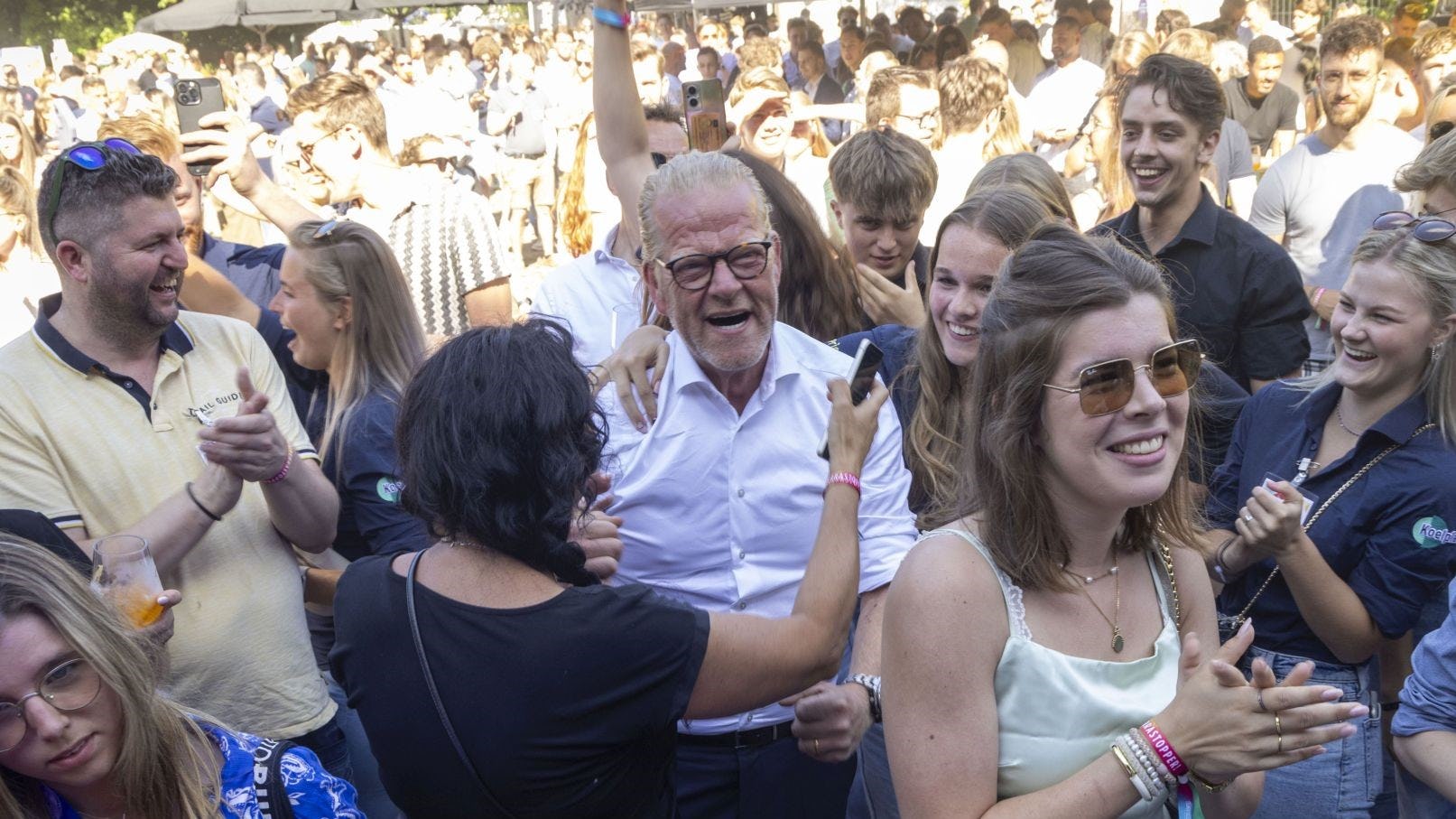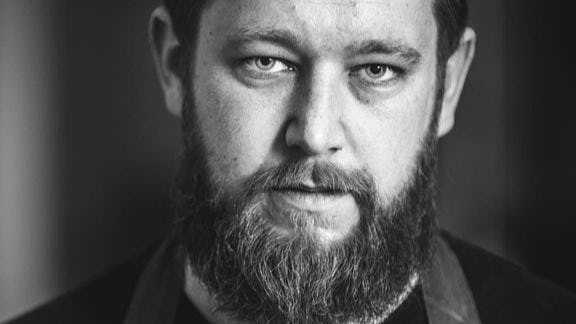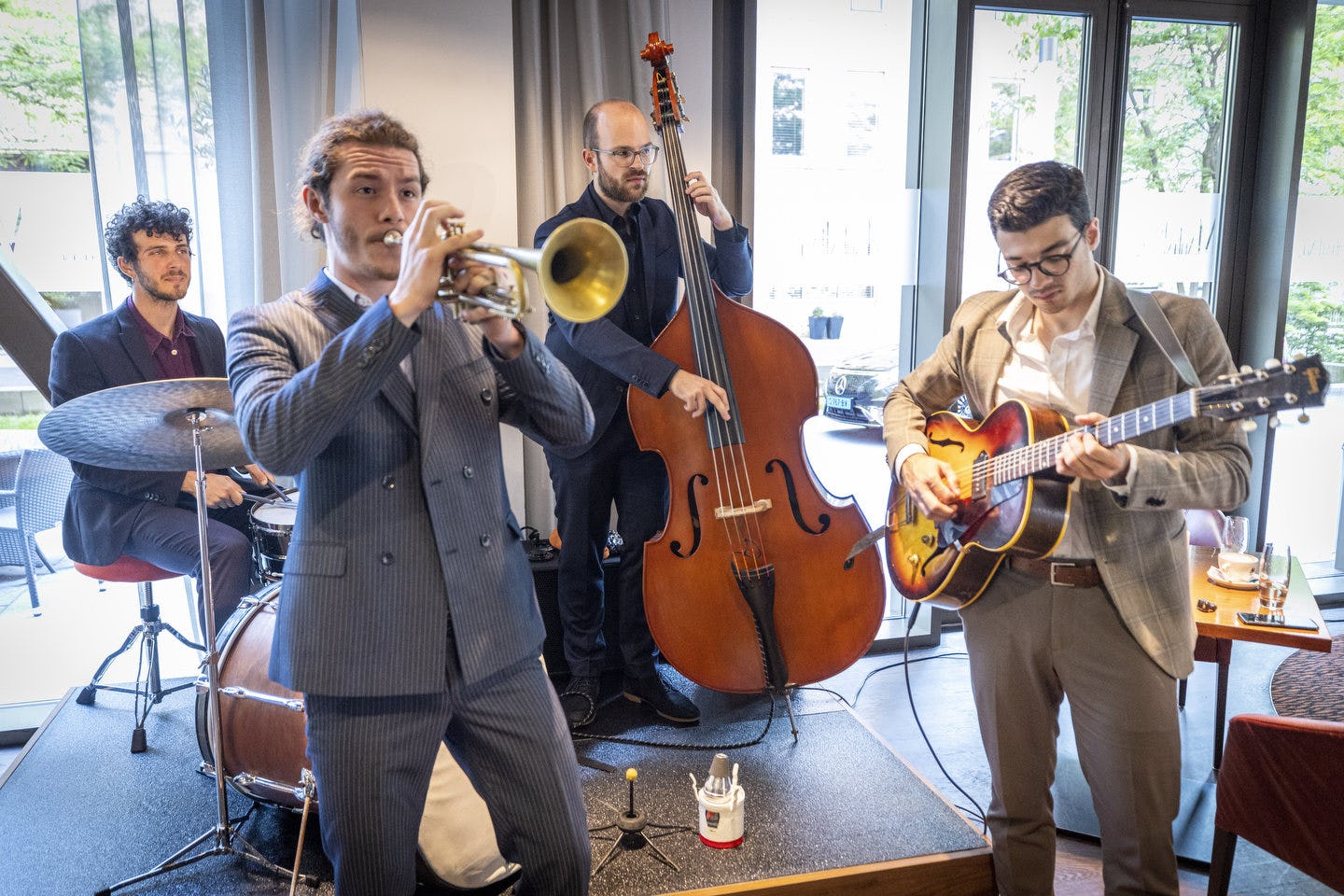Confidential figures disclosed to The Australian Financial Review show that occupancy rates for five-star hotels in the Sydney CBD rose to 76 per cent in October, against 61 per cent for the same period last year.
But there is plenty of room for improvement. While volumes were up, five-star hotels generally collected the same room rates as they did last year. The average cost of a room in a five-star Sydney hotel in October was $ 203 per night.
Jones Lang LaSalle Hotels' senior vice-president investment sales, Mark Durran, said the industry was definitely more optimistic. 'When you look at the evidence it augurs well for the future if it continues,' he said.
Sydney hotels have benefited from a reduction of stock. More than 11 hotels, most in the eastern corridor, have succumbed to residential redevelopment. It is impossible to say what impact that has had on hotels, but for the two remaining in the Kings Cross/Potts Point area the lower competition has been a bonanza.
Occupancies in that area, now serviced by a Holiday Inn and a Millennium Hotel, rose to 84 per cent from 52 per cent the previous year. Not only that, it was one of the few markets to record an increase in average room rates, which rose from$ 96 per night in October 2001 to $ 99 per night this October.
Colliers International's Chris Martin said the recovery had been slower than expected. 'May, June and July were worse than expected and that threw everyone's confidence, but I do think we are at the turning point. Traditionally, though, December and January are slower months because the corporate world goes on leave.'
For the first time in more than a year, the Australian Hotels Association says its members are optimistic. AHA national executive director Richard Mulcahy said thereappeared to be a 'general recovery' across the board.
He said there were signs of a recovery in the corporate travel market often a key economic sentiment indicator and that domestic travel was holding up well.
'The occupation levels are the best in Australia since September 11, (2001)'he said.
'The forward bookings, as we move into 2003, are looking significantly improved,' Mr Mulcahy said. 'Central Australia and Perth aren't looking as good. Sydney is particularly strong and there are mixed messages coming out of Melbourne.'




